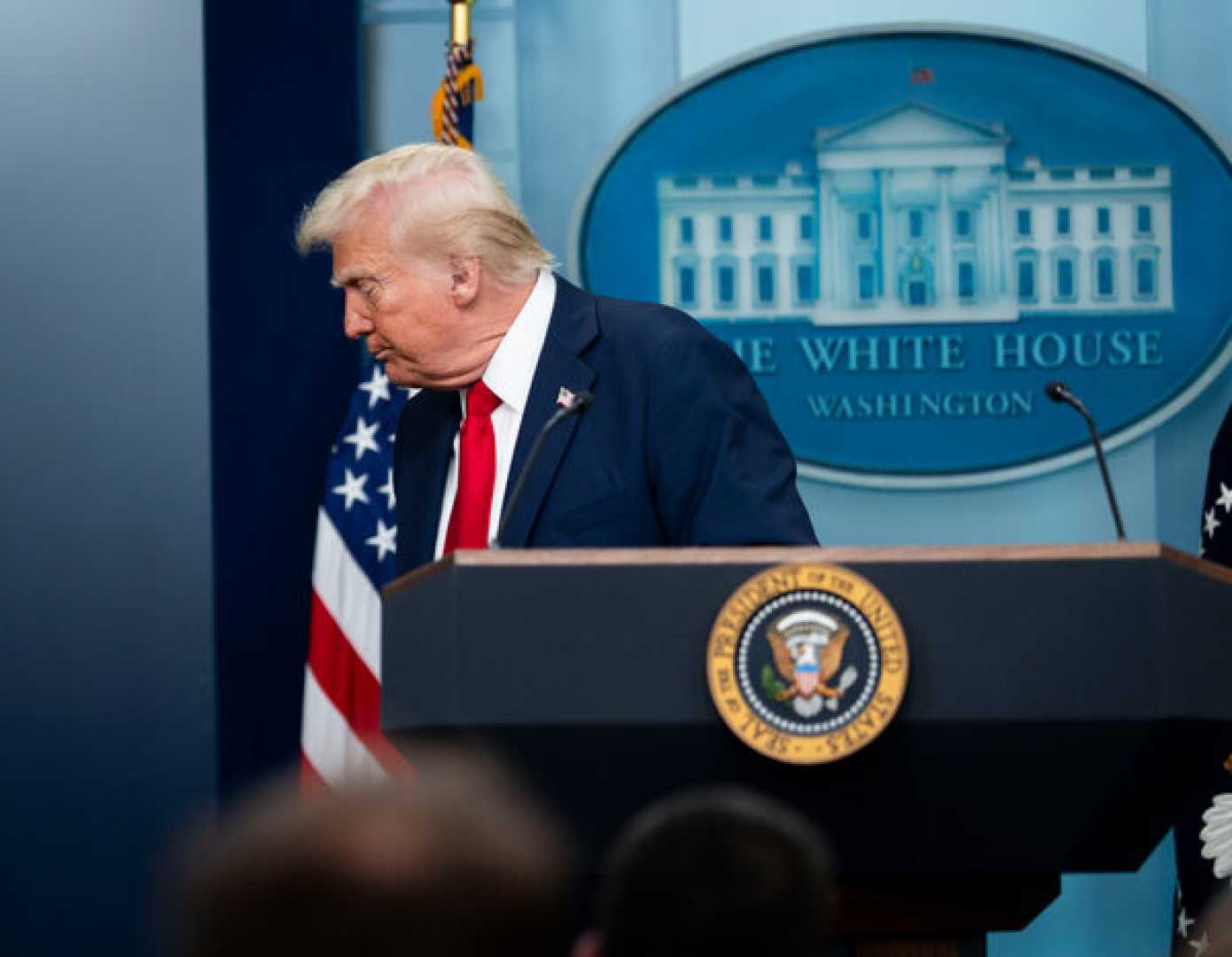Politics
Trump Withdraws U.S. from UN Human Rights Council, Cuts Palestinian Aid

WASHINGTON — President Trump signed an executive order Tuesday withdrawing the United States from the United Nations Human Rights Council (UNHRC) and cutting future funding to the United Nations Relief and Works Agency (UNRWA), which provides aid to Palestinians. The move marks the second time Trump has severed ties with the UNHRC, citing its perceived bias against Israel.
The decision, confirmed by a White House official not authorized to speak publicly, comes amid heightened tensions in the Middle East. The Biden administration had previously paused funding to UNRWA during the Israel-Hamas war following Israeli allegations that some agency staff had ties to Hamas. However, an investigation found no evidence to support those claims.
UNRWA is the primary agency delivering humanitarian aid to Palestinians in Gaza, where millions rely on its services for food, healthcare, and education. The funding cut is expected to exacerbate the already dire humanitarian crisis in the region.
Trump’s executive order coincides with his first meeting with a foreign leader since taking office last month. Israeli Prime Minister Benjamin Netanyahu is scheduled to visit the White House on Tuesday, underscoring the administration’s close alignment with Israel.
The UNHRC, established in 2006, has faced criticism from U.S. leaders across party lines for its perceived anti-Israel stance. The U.S. previously withdrew from the council in 2018 under Trump’s administration, rejoining in 2021 under President Biden. Critics argue that the council’s membership includes countries with poor human rights records, undermining its credibility.
Supporters of the UNHRC, however, emphasize its role in addressing global human rights violations and fear that the U.S. withdrawal could weaken international efforts to hold violators accountable.
The White House has yet to release further details on the executive order or its implications for U.S. foreign policy. The move is likely to draw sharp reactions from both domestic and international stakeholders.












